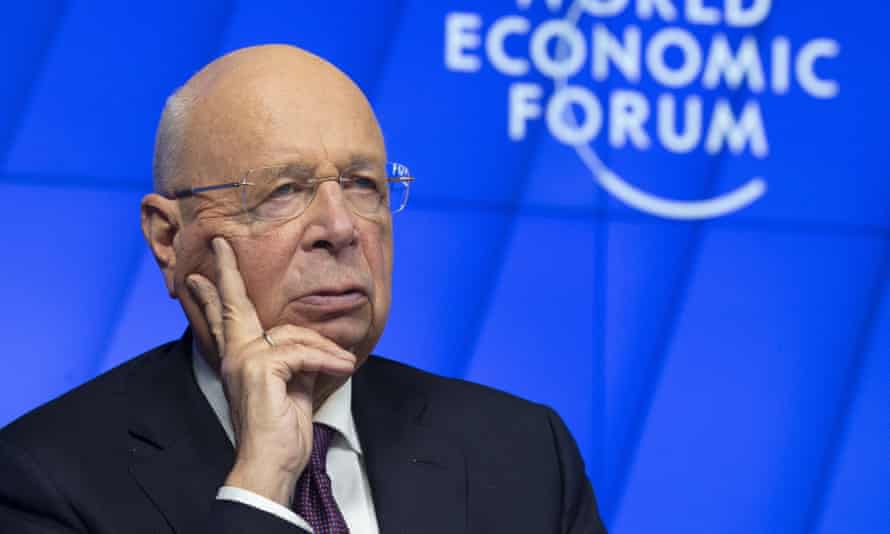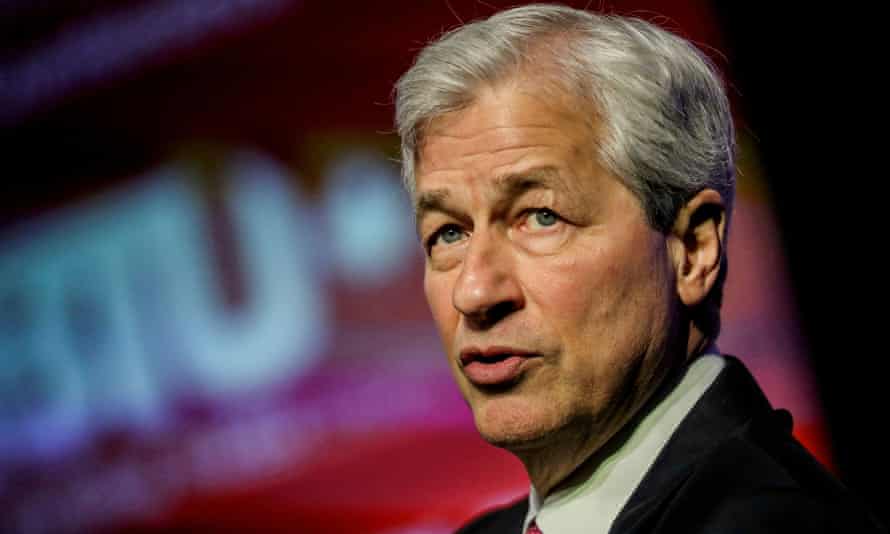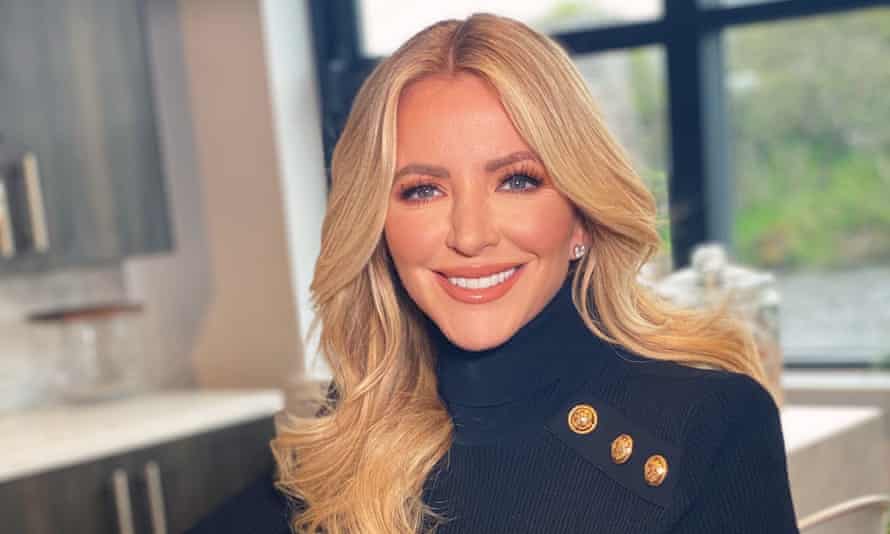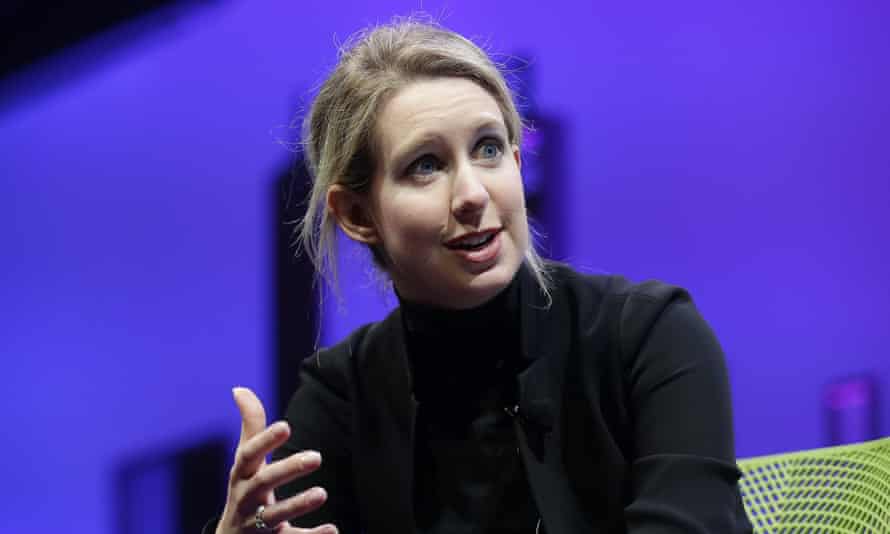[ad_1]
The purpose of this column is usually fairly clear: to look ahead at the biggest event in the coming week. But this time we are breaking with tradition to bring you the week’s biggest non-event: Davos.
Every year the great and the good gather in the Swiss Alps at the grandly titled World Economic Forum to give their answers to the big questions. But Covid-19, running now into its fourth calendar year, has seen it called off again.
In the absence of a real-life forum this month, the Observer is publishing, as a public service, a summary of the talks not given, the panels that remained ungathered, the roundtables not tabled.
Inequality after Covid-19

As coronavirus spread around the world, it caused turmoil in financial markets, but they quickly snapped back and US equities have hit a series of new records. Broad measures of inequality are notoriously unreliable, but one obvious sign is seen right at the top, with 10 “centibillionaires” – people worth more than $100bn – according to Bloomberg’s daily league table. Hosted by Davos founder Klaus Schwab, engineer, economist and expert in getting the world’s richest people in the same room.
Inflation
Central bankers did manage to get to their own mountain resort working holiday in the summer at Jackson Hole, but since then inflation has really jumped up the agenda, thanks to surging global gas prices and disruption to supply chains. So are the Fed’s Jerome Powell and the Bank of England’s Andrew Bailey really willing to play the role of monetary hawks?
Hosted by Jens Weidmann, the German economist who spent a decade crying wolf on inflation at the European Central Bank, only for price rises to arrive just after he left.
China’s place in the world

The pandemic originated in China, but as that country overtakes the US as the great global economic power, will the world fall into a “Thucydides trap” and tend inexorably towards war?
Hosted by HSBC boss Noel Quinn, whose bet is on Beijing, if his company’s apparent willingness to overlook Chinese repression is any guide, along with JP Morgan boss Jamie Dimon, who managed an impressive two apologies after joking that his bank would outlast China’s Communist party.
Crypto

There is no shortage of people willing to go on about how cryptocurrencies will change the world. Just ask Kazakhstan, where bitcoin mining may or may not have been a factor in recent energy price protests. Candidates for a Davos panel might include El Salvador’s crypto-bro president Nayib Bukele, underwear tycoon/PPE connoisseur/bitcoin enthusiast Michelle Mone, and Twitter founder/payments boss/Victorian sage Jack Dorsey.
Medicine after the pandemic

The pandemic has proved a financial and public relations triumph for big pharma, which has (with honourable exceptions) firmly cashed in. So what next for biotech? Hosted by noted thought leader Elizabeth Holmes alongside Jacek Olczak, chief executive of cigarette maker Philip Morris International, which wants to move towards net zero dead customers by buying an inhaler company.
Build Back Better
Big economics had already quietly acknowledged that fiscal austerity was a bad idea after the financial crisis, but the pandemic has not so much opened the floodgates as destroyed them. Government investment is firmly back in vogue.
Who better to talk us through the implications than Joe Biden, whose flagship economic policy is to “build back better” (just don’t ask how it will pass the US Senate), and Boris Johnson, whose flagship economic policy is to “build back better” (just don’t ask about new trains, parties, energy prices, tax rises, etc)?
[ad_2]
Read More: So no one’s going to Davos: our guide to the big issues that won’t be tackled
